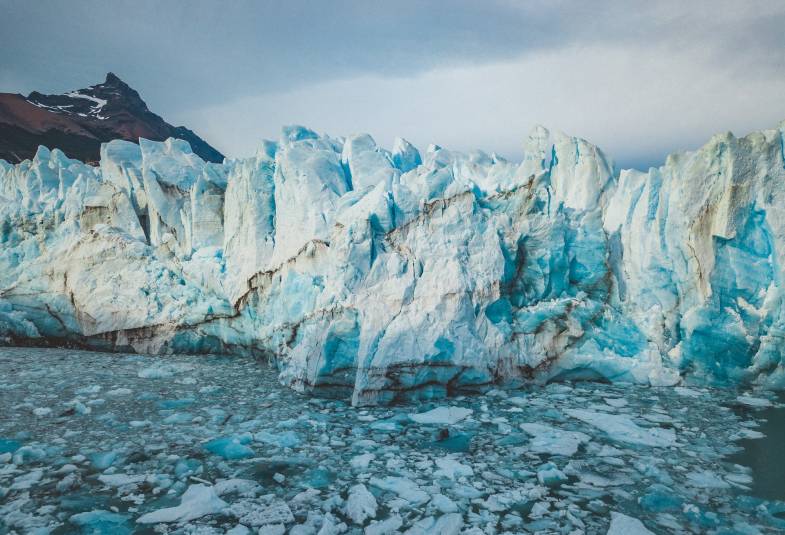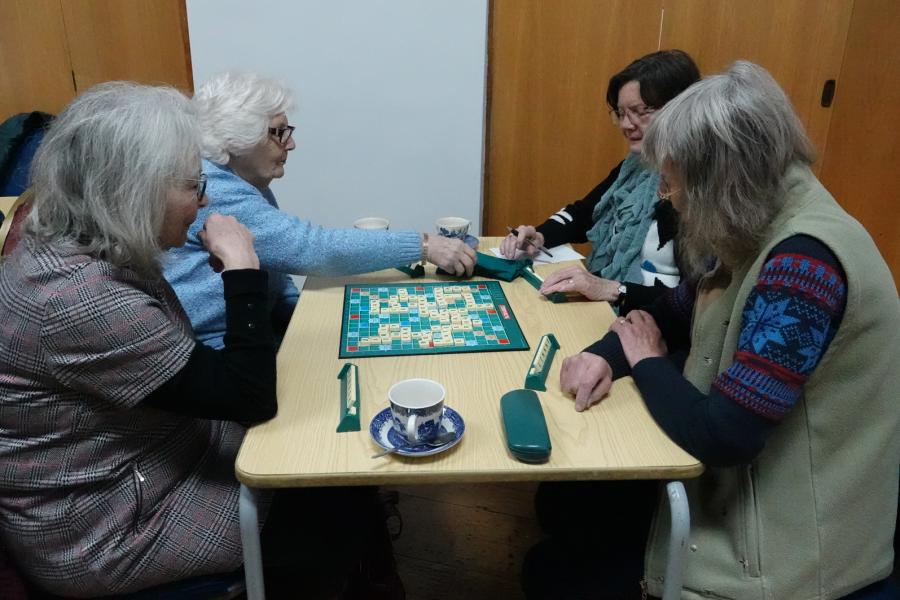
On Thursday 4 February, Archbishop Justin Welby addressed the first of a series of online meetings between international faith leaders in preparation for the COP26 climate change conference in Glasgow in November 2021. Read the transcript of his remarks as delivered.
Sometimes, God pulls the threads of circumstance together and our lives are changed forever. This year has been an extraordinary example of such a moment.
The Covid-19 pandemic has forced the world to look at how we have been living and operating, when so much of what was considered ‘normal’ was not possible. We have been confronted by our behaviour: by our sin; our greed; our human fragility; our exploitation of the environment and encroachment on the natural world. For many this uncertainty is new. But many more around the world have been living with uncertainty for decades as the grim, real and present consequence of climate change. To think it is a problem of the future rather than a scourge of the present is the blind perspective of the privileged. We look around and see that Mozambique has been hit again by tropical storms. In Nigeria, desertification has contributed indirectly to conflict between people competing for dwindling resources. Floods and cyclones have devastated crops in Melanesia, risking poverty and food insecurity.
But the pandemic has also revealed our capacity for change; the opportunities for repentance; the potential for hope amidst suffering. We have learnt much about our interconnectedness, and our need for one another. It has been a revelation to many of us: we cannot go on as we have been.
Climate change is an issue in which greed, fragility, justice and interconnectedness come together. There are signs of hope and consolation. In the UK, we are preparing for COP26 in Glasgow in November and the G7 in Cornwall in June. It is good news that the United States has rejoined the Paris Accord. Many powerful people will be coming together, and on their minds must be this: how do we recover from a pandemic by imagining a world that puts the most vulnerable and the most marginalised at the centre? Where the protection of our natural assets is at the heart of our economic and financial decision-making? How can we make 2021 a year of hope?
Those with the power to effect change will need to balance that power with their responsibility. In the Bible’s accounts of the creation of the world, God gives humans dominion over the Earth. But replacing dominion with domination is a false theology and a sin, we should look instead to Jesus’ words that the Son of Man ‘did not come to be served, but to serve’. As the Anglican Communion’s fifth Mark of Mission puts it ‘to serve the Earth, not enslave it’.
I speak as a Christian. Jesus teaches us that there are no greater commandments than to love God and love our neighbour. To abide by those commandments as a Christian today is to step up to the challenge of climate change and connected environmental crises.
The relationship between science and faith presents us with a very real and a powerful route to lasting, major change. Our global reach, our commitment to local communities and our hope combined with the knowledge and expertise of science can forge a powerful alliance. I am humbled by the action of the Anglican Communion around the world, from initiatives like Green Anglicans, The Anglican Communion Environmental Network (ACEN), the Eco-Bishops group, the Anglican Communion’s presence at the UN and the work of the Anglican Alliance. I particularly acknowledge the contribution from Archbishop Julio Murray, who is in this meeting and who leads the Anglican Communion in this area.
Finally, those who have the broadest shoulders should bear the greatest burden. And if these nations and powers stand in solidarity together, their shoulders will be strong indeed. This is a time and place where generosity, sacrifice and self-interest overlap.
To live out my Christian faith is to follow Jesus. That must include standing alongside the most vulnerable and marginalised on the frontlines of the climate emergency. As faith communities, my prayer is that we might stand together, emissaries of hope and love, calling for God’s justice and peace upon this precious world. Now is the time for action.
Thank you.

